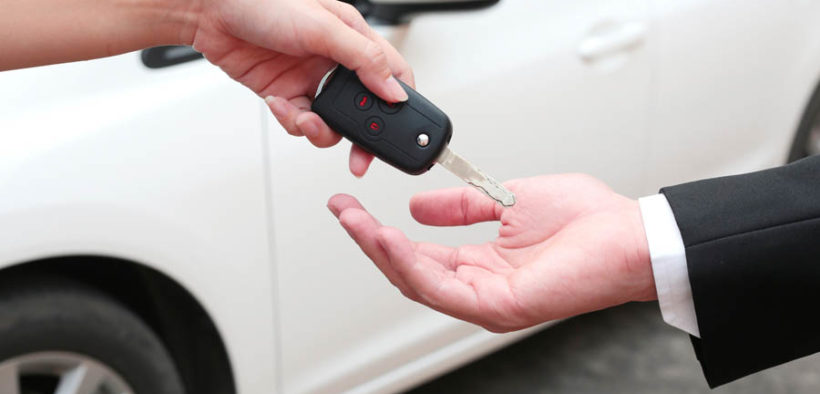Puerto Rico lawmakers review car-sharing services following authorization of Turo

Lawmakers seek to evaluate the legal framework for peer-to-peer rental platforms.
The Puerto Rico House of Representatives is reviewing the implementation and operation of car-sharing services such as Turo, Car2Go and Zipcar after unanimously passing a resolution to that effect in March.
House Resolution 112, authored by New Progressive Party Rep. José Aponte Hernández, calls for the House Transportation and Infrastructure Committee to “evaluate the implementation and operation of any digital application or platform that has requested permission from the Bureau of Transportation and Other Public Services [NTSP, in Spanish] to offer a car exchange, rental or sales market; and the applicable regulations and laws.”
During a recent hearing by the committee, NTSP Director Humberto Nuñez-Matos revealed that Turo, one of the leading car-sharing platforms in the United States, requested authorization in September to operate as a nonregulated entity in Puerto Rico. On April 1, the NTSP granted permission for one year and allowed the company to operate without establishing a physical location on the island.
Car-sharing platforms, specifically peer-to-peer models, allow individuals to rent vehicles for short periods directly from car owners through an online platform or mobile app that facilitates the transaction.
Unlike traditional rental car locations, renters using car-sharing apps can pick up and drop off vehicles at predetermined locations without real-world contact with the car owner, similar to the way travelers book accommodations through services such as Airbnb.
However, “renting a house or apartment is not the same as renting a vehicle,” the resolution states. “Renting a vehicle requires a series of controls that are subject to state regulations, so it is necessary to ensure guarantees regarding who will be responsible if situations arise involving third parties.”
The resolution also references recent violent incidents involving vehicles obtained through car-sharing platforms, most notably the Jan. 1 attack in New Orleans, when an individual in a pickup truck drove into a crowd, killing 14 people and injuring 57. That same day, a Tesla Cybertruck filled with explosives exploded in front of the Trump Hotel in Las Vegas, killing the driver and injuring seven people.












